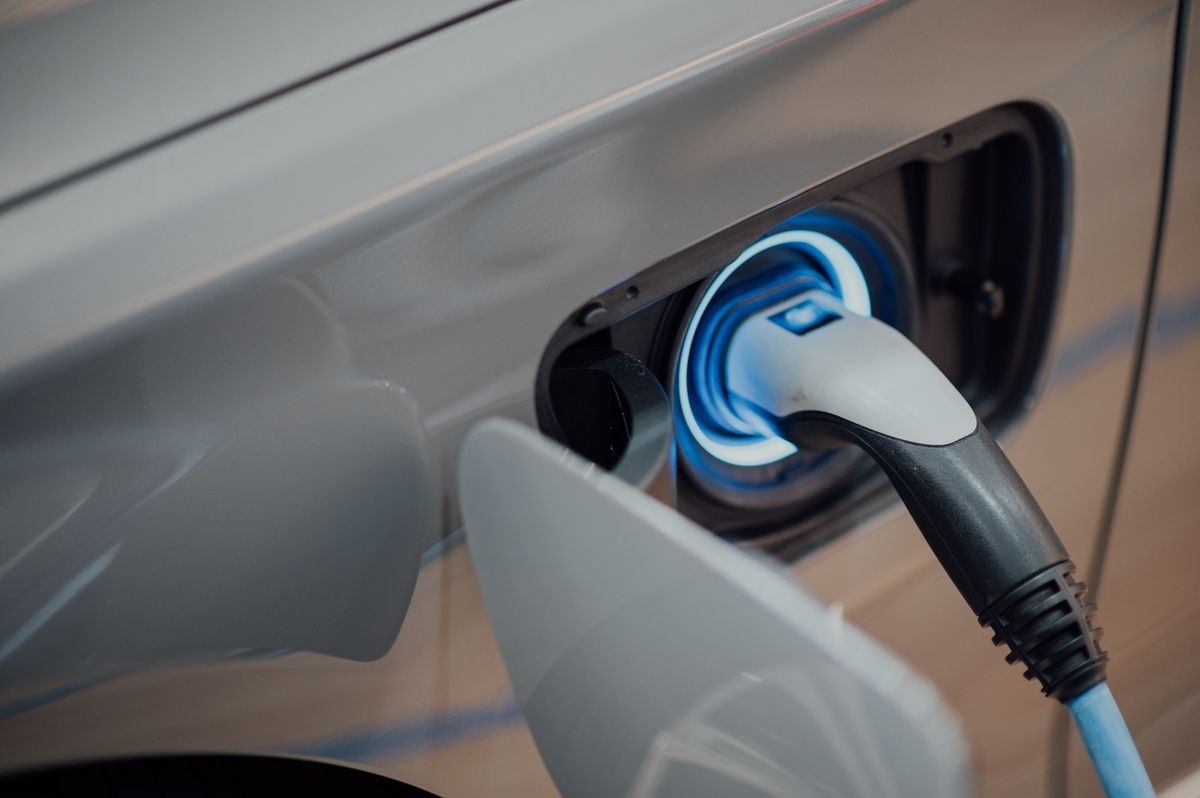Blog
Driving the Green Transition
Sep 22, 2022

It could soon take just three minutes to charge the battery of an electric car. Adden Energy, a startup backed by Harvard University, has announced that it is seeking to scale up a ‘game-changing’ solid-state lithium-metal battery after receiving an exclusive license from the institution and a $5.15mn cash injection. It hopes that its technology will help to bring electric vehicles to the mass market — and usher in an era of greener, cleaner transportation.
With soaring energy prices underscoring the importance of reducing our reliance on fossil fuels and pivoting to eco-friendly technologies, the news is certainly encouraging. Nevertheless, Adden predicts it will still take three to five years to turn its prototype from a button cell into a full-sized battery capable of powering an electric vehicle. The startup’s co-founder, professor Xin Li, does not see any fundamental obstacles to scaling up the technology though. The prototype has already demonstrated more than twice the number of charge cycles achieved by existing lithium-ion batteries — which would enable it to power an electric vehicle for up to 20 years — and does not face the same safety challenges.
Right now, electric vehicles remain expensive — and are simply out of reach for many people. Bloomberg writes that although the average US starting price (shown in marketing) was $47,636 in July, the average sticker price at dealerships was nearly a third higher at $61,251. Not only is demand outstripping supply but automakers are prioritizing higher-spec models with higher profit margins. Second-hand electric vehicles are few and far between due to the limited lifespan of current batteries. A battery with a significantly longer lifespan would help to create a secondary market, which would increase affordability and boost uptake.
But, even if battery developers can make good on their promises, there are still concerns about the availability and sustainability of the necessary materials. The technology requires a whole new set of inputs — such as lithium, nickel, and cobalt — which pose their own political, social, and environmental problems. For instance, demand for some of these resources is expected to jump nearly five-fold by 2050, and this will necessitate a surge in mining and metallurgy, which already accounts for around 8% of global greenhouse gas emissions. Moreover, production of certain key commodities is dominated by countries like Russia and China, which have already proven to be unreliable partners to Western nations. This represents a serious security risk.
Nonetheless, these are not insurmountable hurdles; it should be possible to decarbonize and shore up the supply chain for critical minerals. Within a decade — and perhaps much sooner — we can look forward to electric vehicles replacing petrol vehicles en masse. And then we’ll all be able to breathe a little easier.